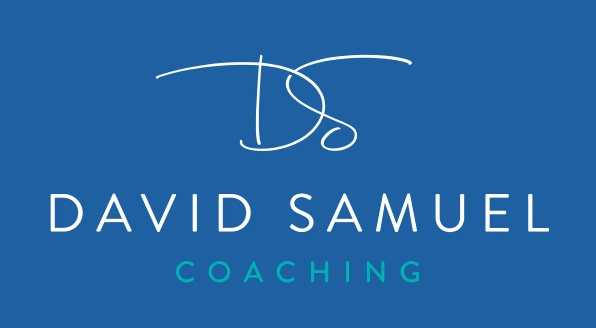
Why we need training and coaching
In modern day practice, coaching can play a crucial role in the success and growth of optical practices. As we know, simply training on the “optical” skills is not enough these days to be successful. Optical teams need ongoing training to continually improve their clinical skills, customer service, and product knowledge. We all know that creating an amazing patient experience is essential for building long term trust and loyalty, which in turn leads to increased patient satisfaction and retention, which in turn boosts practice revenue. We also know that despite moving towards a clinically based fee structure, it is still the case that practices rely on revenue from eyewear sales to function financially and hence there is also a need for sales and communication training.
In many practices, there is a sensible amount of training which happens, especially when it comes to product knowledge. The manufacturers of frames, lenses and contact lenses are very adept at providing training on their products. The instrument manufacturers such as OCT’s and Optomaps provide ongoing training for staff using their equipment. The recent development of myopia control contact lenses and spectacle lenses is a great example of how the providers of the products we use invest in training.
So the question I pose is “where does coaching fit in”? In my experience, coaching is all about understanding how you can apply the training effectively. Coaching helps people utilise their own strengths in the best way in order to help communicate the benefits of the products and services on offer. It also helps with creating better teamwork and staff engagement. Regular coaching sessions can motivate and engage staff by helping them to set themselves clear goals and allowing them to critique their own performance. This in turn leads to improved job satisfaction and lower staff turnover rates. Due to it’s self reflective nature, coaching helps to ensures that all staff members adhere to best practices and maintain high standards of care, especially important in healthcare settings where mistakes can have serious consequences. It also helps the practice team members to understand how to embrace change and to be adaptable and responsive to change.
Coaching can take both one-to- one forms and team coaching. Team coaching can foster a sense of unity within the team and builds trust amongst team members, creating a more cohesive and harmonious work environment. It can help the team to develop problem-solving skills, enabling them to handle challenging situations and create new opportunities. Lastly team coaching can boost staff confidence by providing them with the knowledge that you are committed to developing their skills and helping them to excel in their positions.
This culture of continuous improvement promotes a culture of where staff are encouraged to seek out opportunities for personal growth and enhancement in their roles, taking on more responsibility. In summary, coaching is essential for a practice to deliver consistent, high quality eye care, enhance the patient experience and secure the long term success of the practice. By investing in coaching and professional development, optical practices can thrive in a competitive industry and provide the best possible care to their patients.
Tel 07767 780778

